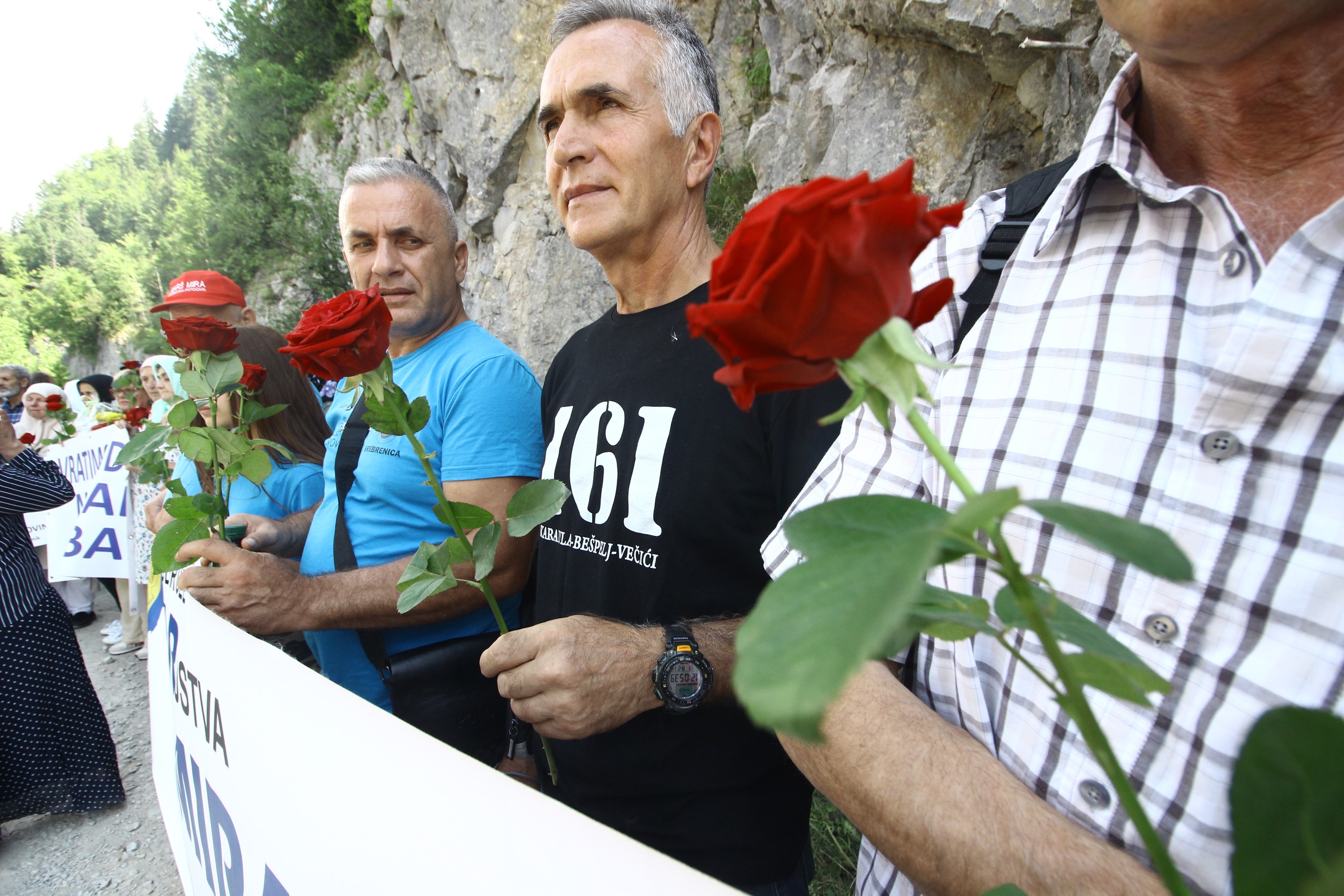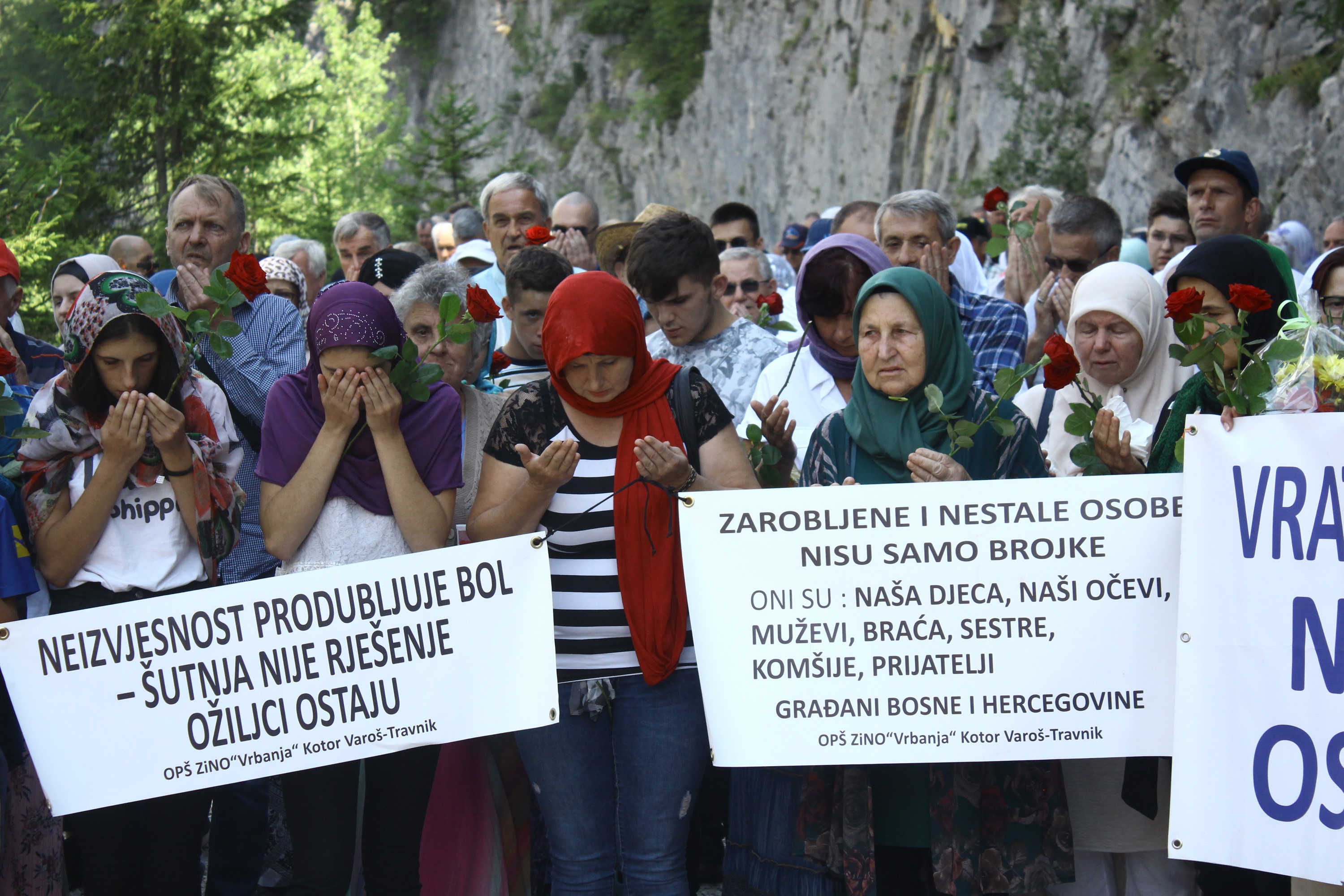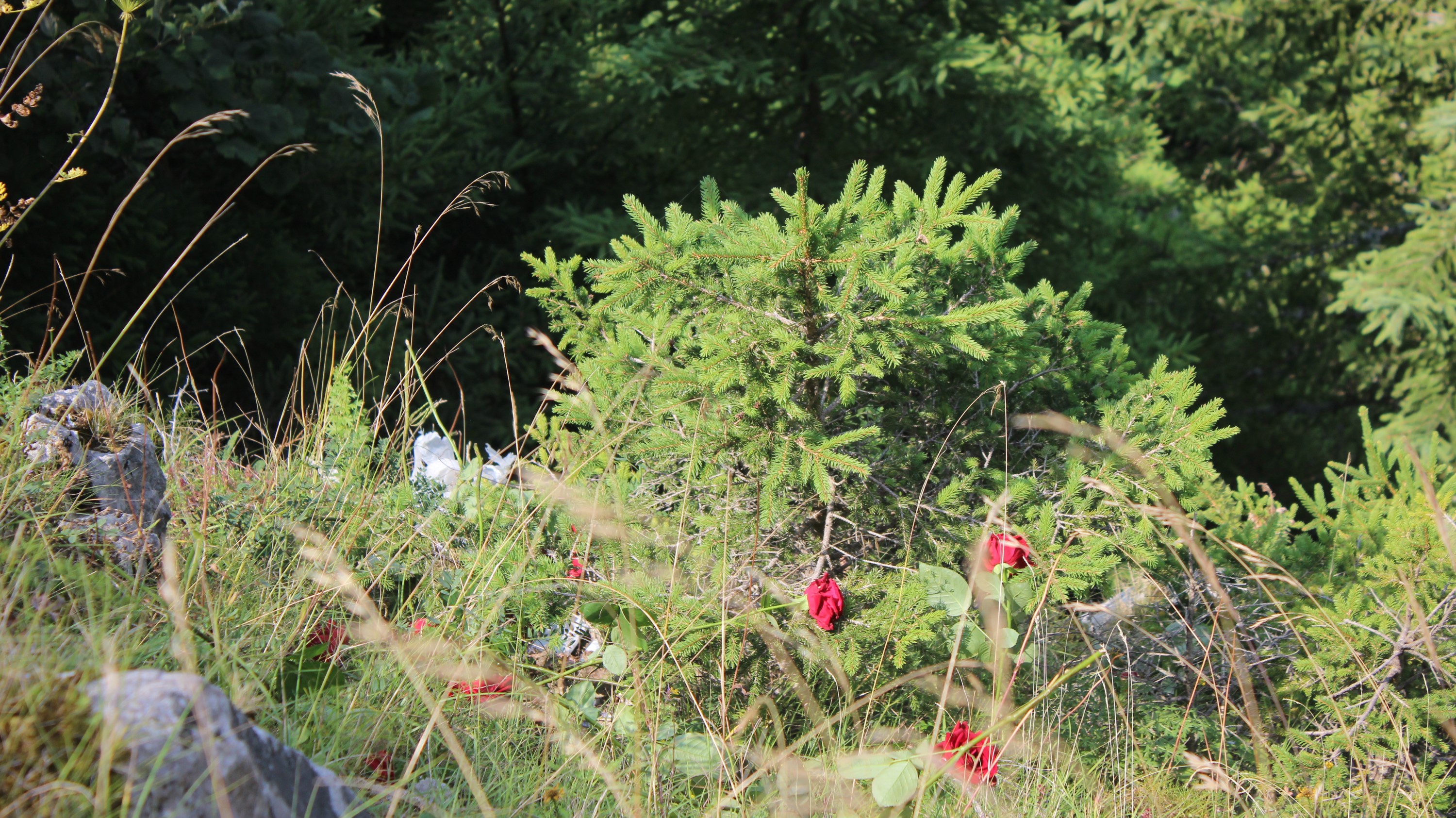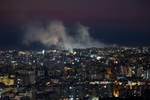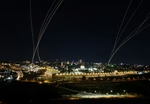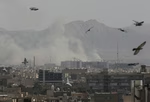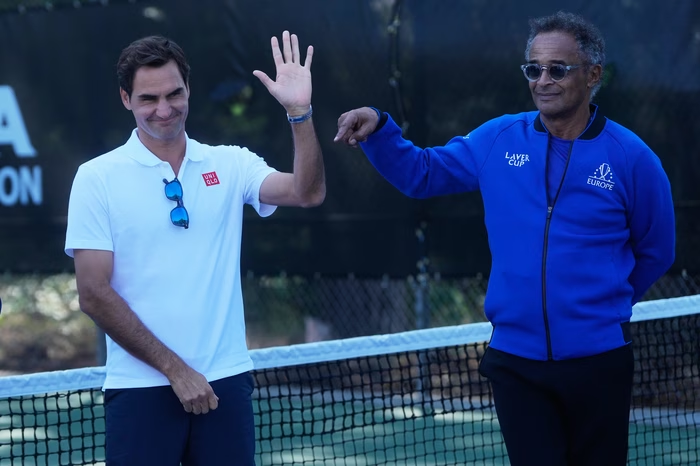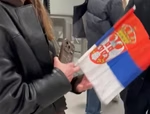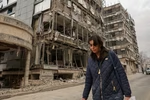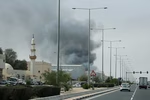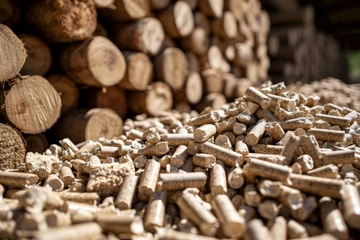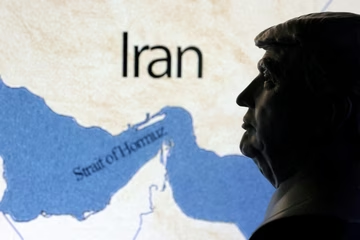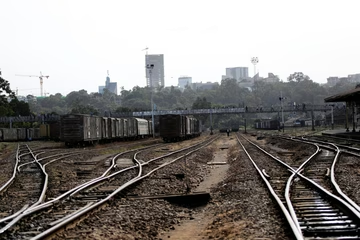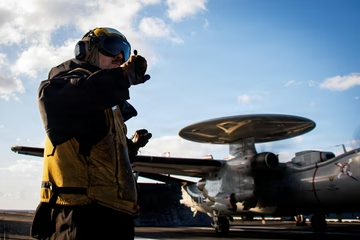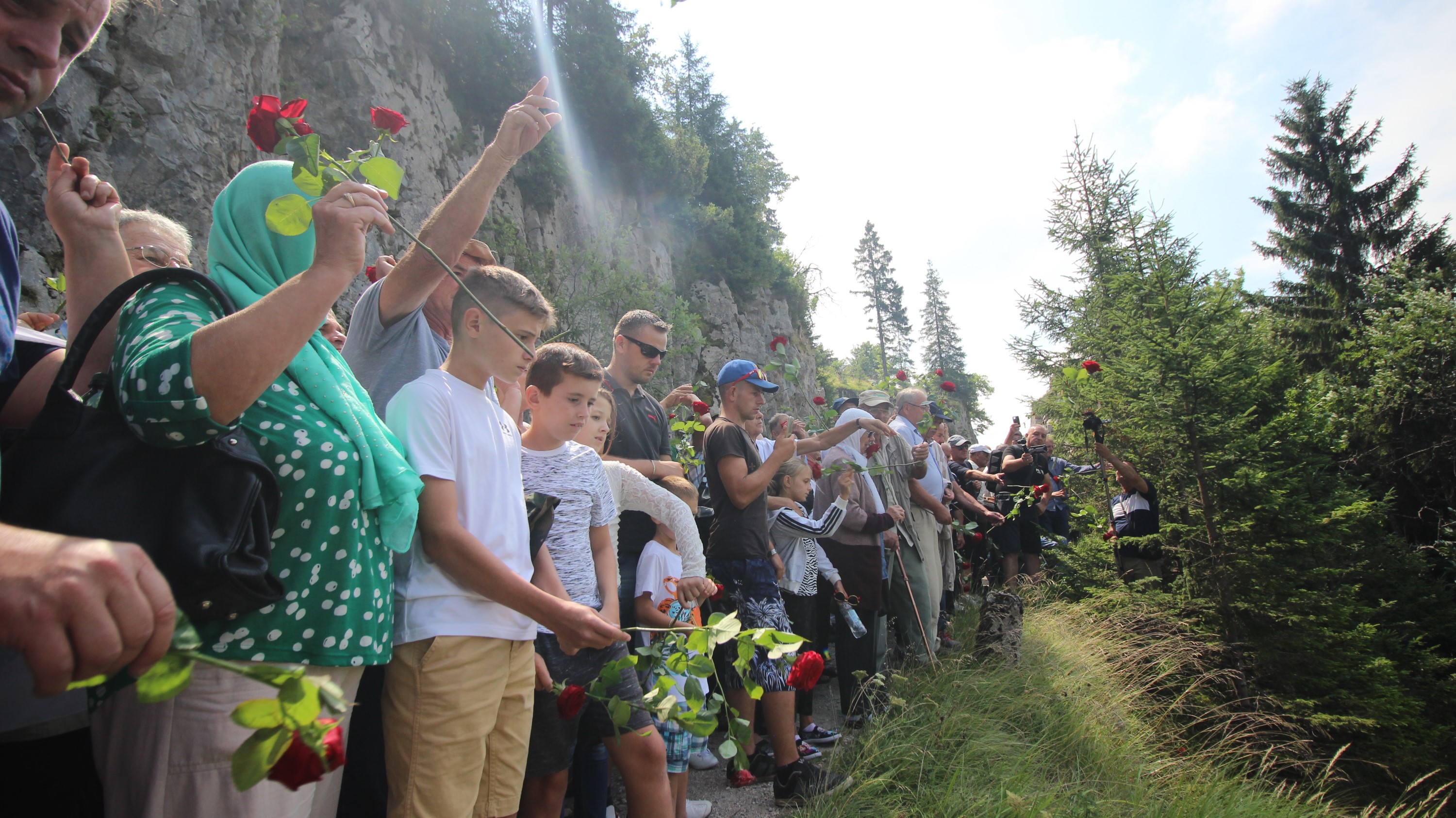
Family members of at least 200 victims of the 1992 Koricani Cliffs Massacre threw on Wednesday 200 roses down the cliff where their relatives were executed by Bosnian Serb police and thrown into the abyss.
On August 21, 1992, Bosnian Serb police officers rounded up the mostly Bosniak and Croat men detained at the prison camps around the northwestern town of Prijedor and told them they were to be exchanged for Serb prisoners of war.
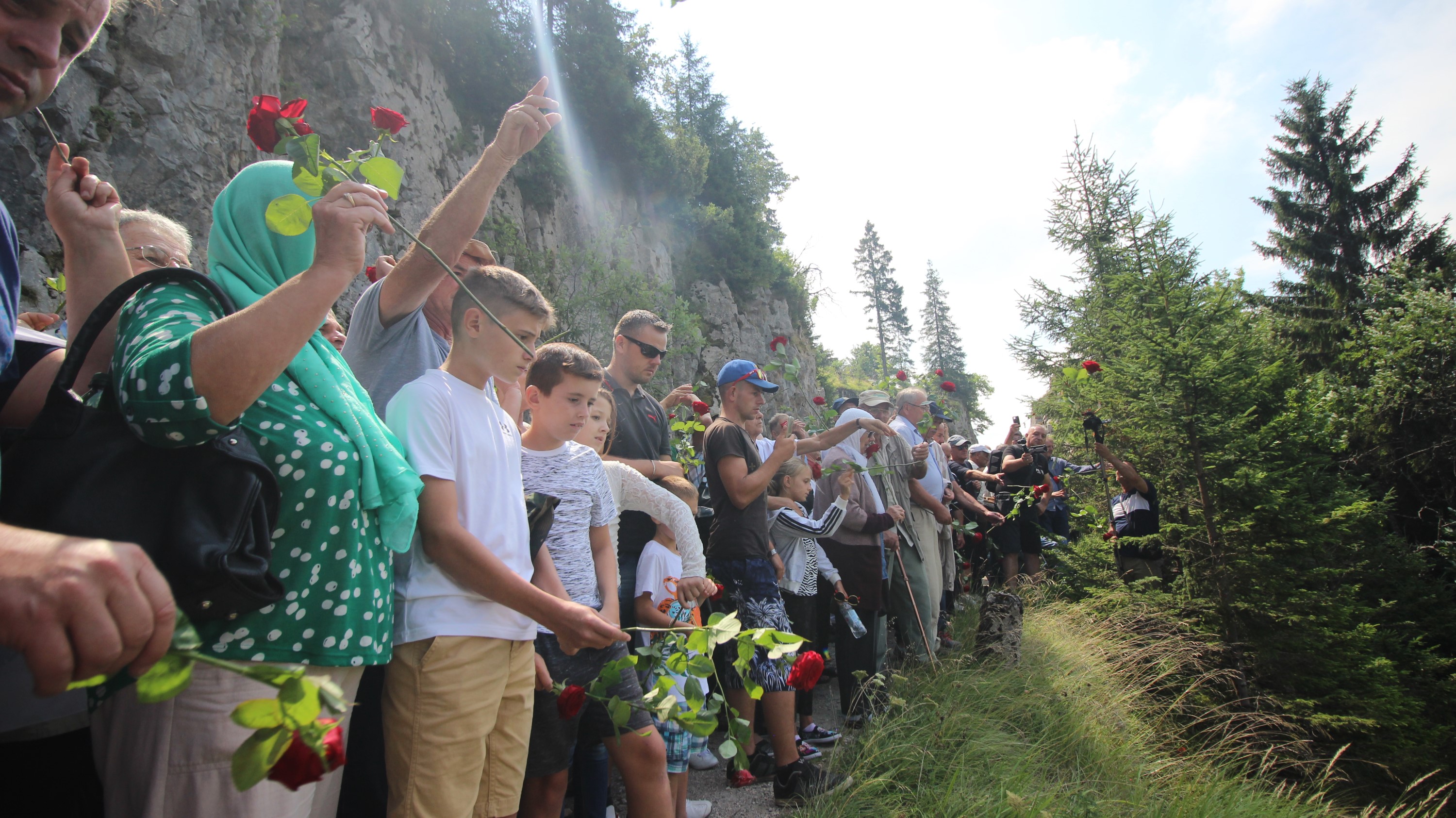
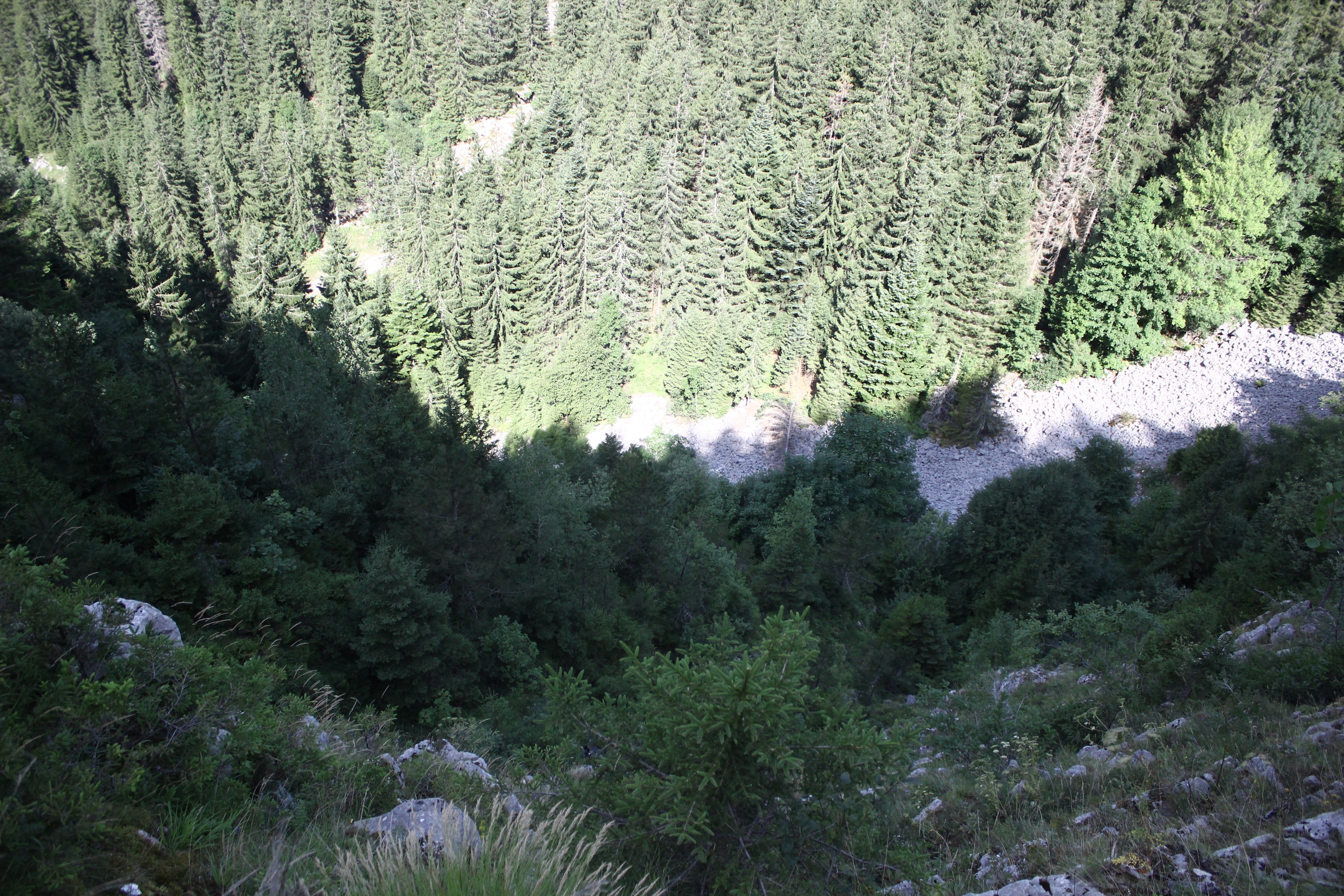
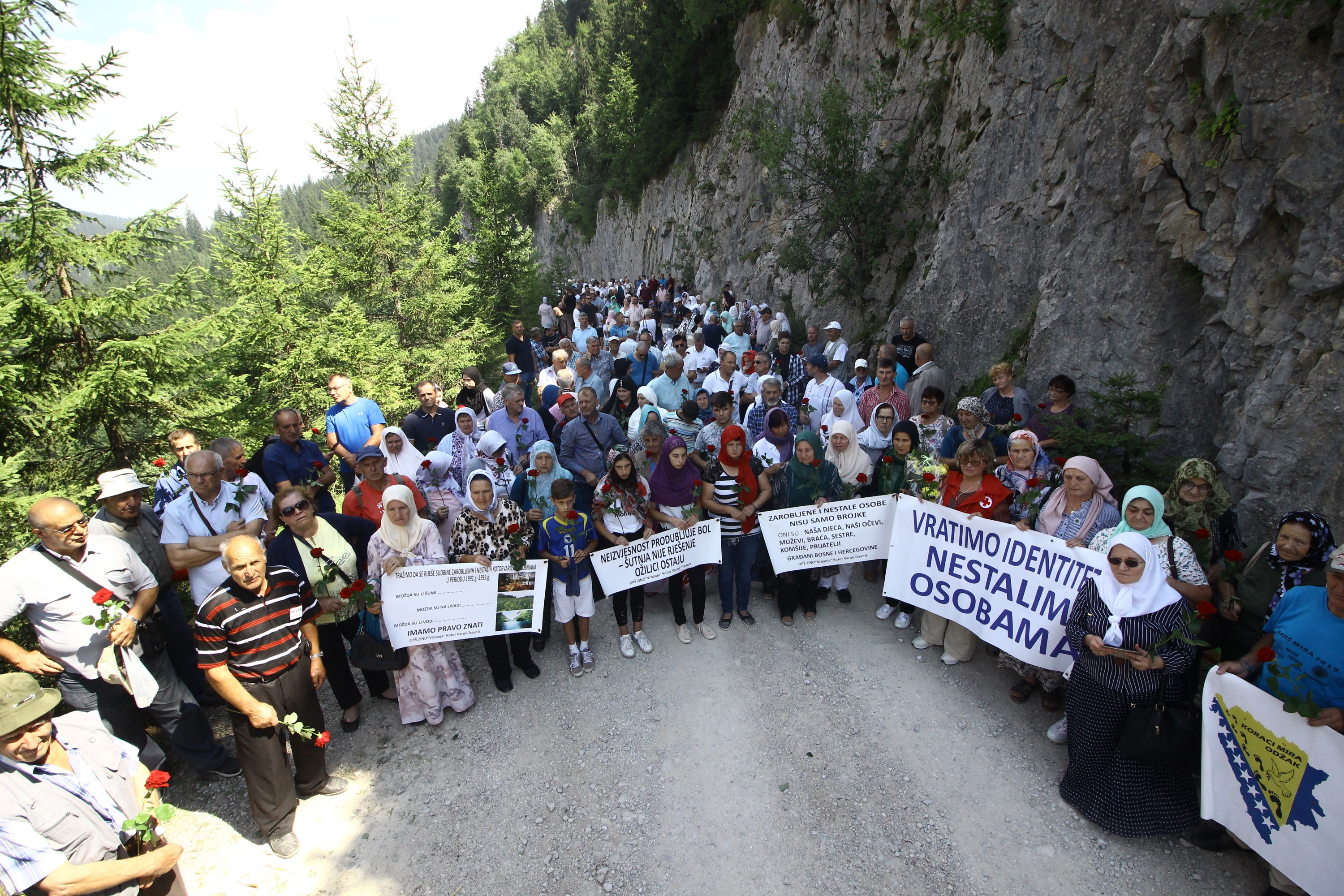
The Prijedor intervention squad officers instead took the men to the Koricani Cliffs in central Bosnia.
They lined them up on a cliff facing down the abyss, ordered them to kneel, and shot them in the back. The bodies fell down the more than 300 metre-high cliffs.
Only 12 survived the massacre.
The survivors and the families of the victims gathered at the same spot on Wednesday to pay their respects.
The Head of the Association of Former Camp Detainees in Bosnia and Herzegovina, Jasmin Meskovic, said the crime was planned in advance.
“Today above all we stand to testify of a grave crime which was planned, organised and executed by the system, by politics, by the institutions,” he said.
Those behind the crime are still “giving an effort to conceal it, so there are fewer testimonies and as little evidence as possible,” he said, adding that this makes it especially difficult for the families of the victims to find the remains of their loved ones, he said.
“The remains being buried are incomplete,” he said.
According to the head of the Banja Luka association of former prison camp inmates, Mirsad Duratovic, the prosecution and judiciary should still be investigating the crimes committed at the Koricani Cliffs.
While 11 former Serb officers were convicted, those who ordered it, the Crisis Headquarters in Prijedor, as well as those who helped hide the remains of the victims for the past 27 years, were never brought to justice, he said.
Furthermore, he said that survivors and family members of the victims sometimes come across those who were convicted of the crimes.
“Not only do we come across those who served their sentences, but we also see those who were convicted but are still roaming free,” he stressed, mentioning that locals sometimes see Darko Mrdja, who was sentenced for crimes committed at the Koricani Cliffs and at the Manjaca prison camp.
Duratovic said the judiciary should be asked why convicted persons are allowed to wait to begin serving their sentence from freedom.
Namka Dzonlagic lost her brother and her son in the Koricani Cliffs massacre. Her son Emir was 18 years old when he was killed.
“They didn’t find everything. My brother is missing an arm, and so is my son. Once I buried only one bone and now I buried the rest,” she said.
She remembered how on August 20th she went to Trnopolje to bring food to her son, who then told her he can not go on and that he wants to leave.
“Had I known, I would also have entered that convoy, but that was not the destiny,” Dzonlagic said.
After the speeches and after those gathered prayed for the victims, they threw 200 red roses down the cliffs.
Local and international courts sentenced 11 people for the Koricani Cliffs massacre to prison sentences between 13 and 23 years long.
Kakvo je tvoje mišljenje o ovome?
Učestvuj u diskusiji ili pročitaj komentare





 Srbija
Srbija
 Hrvatska
Hrvatska
 Slovenija
Slovenija




